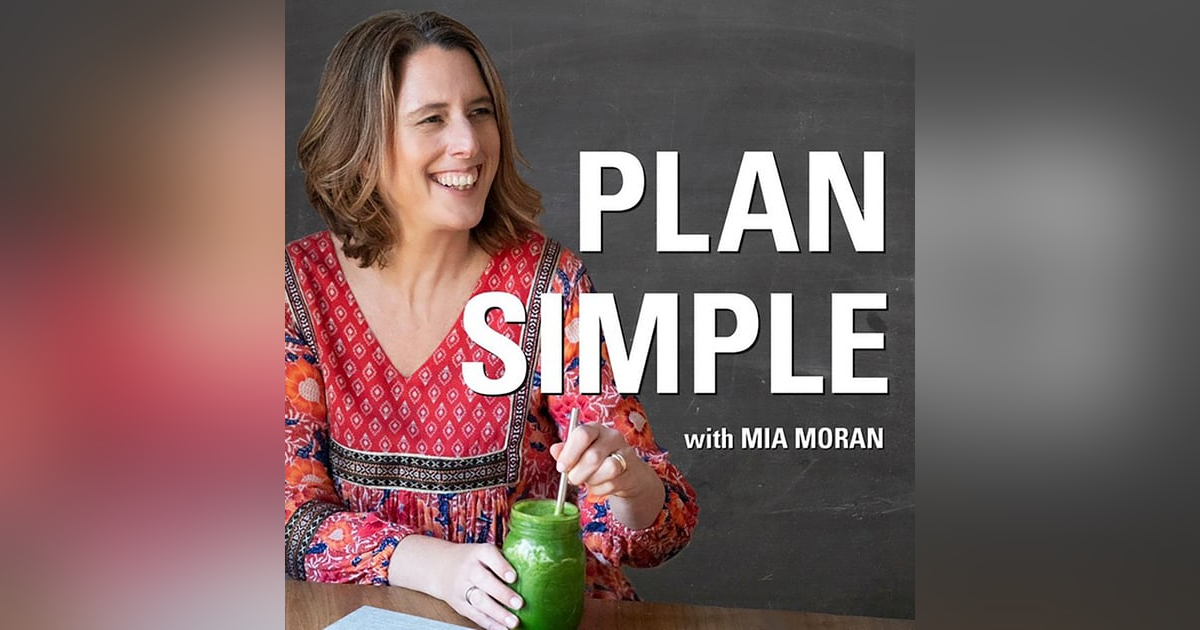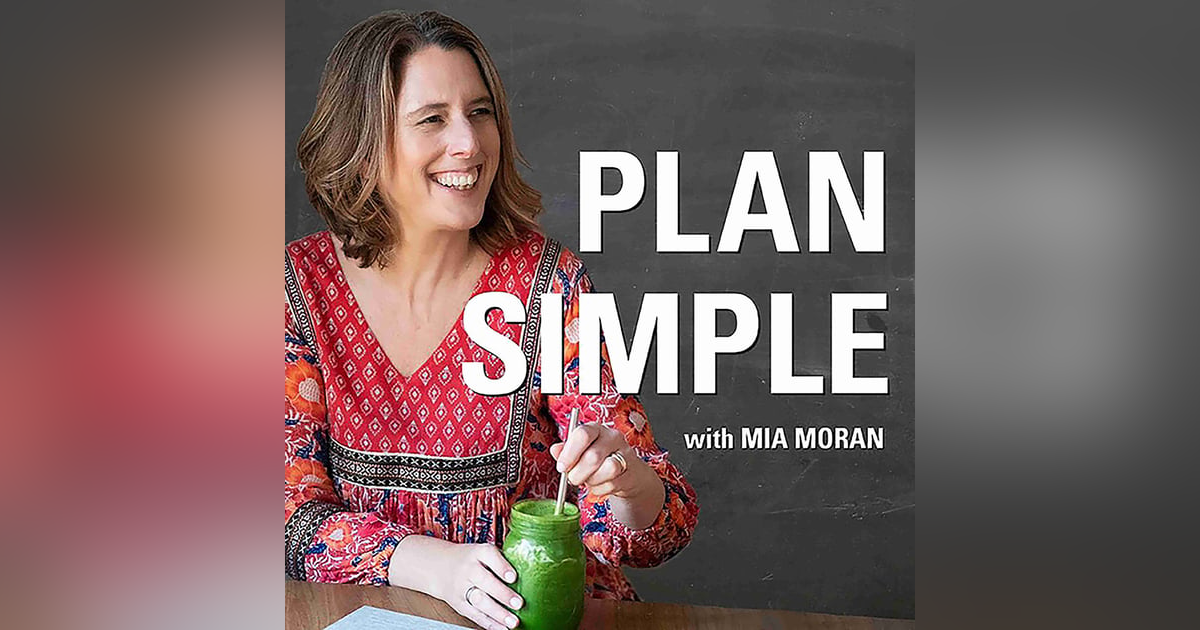
Sign up to get updates from us
By signing up, you agree to receive email from this podcast.

“I think it’s a big myth that relationships should be easy, or because I love my partner, it should be easier.”
–Stacey Curnow
Why are relationships so hard? We think they should be easy, but we’re primed from an early age to have trouble. Stacey Curnow is a family counselor and the author of Repair Your Relationships, and we dive into the why behind that — and how we can fix it — in this conversation.
It comes down to our nervous system. If we feel unsafe, we go one of four ways: fight, flight, freeze or collapse. When our nervous system gets dysregulated nothing good comes of it, so Stacey helps us think through what we need to create calm.
One person in a relationship can work on their attachment wounds, but when everyone is doing the work, it goes faster and better.
We talk about:
ABOUT Stacey
Stacey Curnow is a Licensed Clinical Mental Health Counselor (LCMHC) and owner of Asheville Family Counseling. She specializes in helping people heal attachment trauma and enjoy more connection and happiness in their most important relationships. She's spent years learning and sharing about how to make relationships stronger and more loving with a unique mixture of cutting-edge science and ancient wisdom. She's on a mission to help people have happier and healthier relationships, and her counseling practice, books, and online programs are a big part of that mission.
LINKS
DOABLE CHANGES
At the end of every episode, we share three doable changes, so you can take what you've heard and put it into action. Action is where change happens.
Even though we want big change, it’s really little things done over and over that make the difference. So pick a doable thing. Put it in your calendar. Weave it through your days for a week and then move on to the next one. It will have a snowball effect.